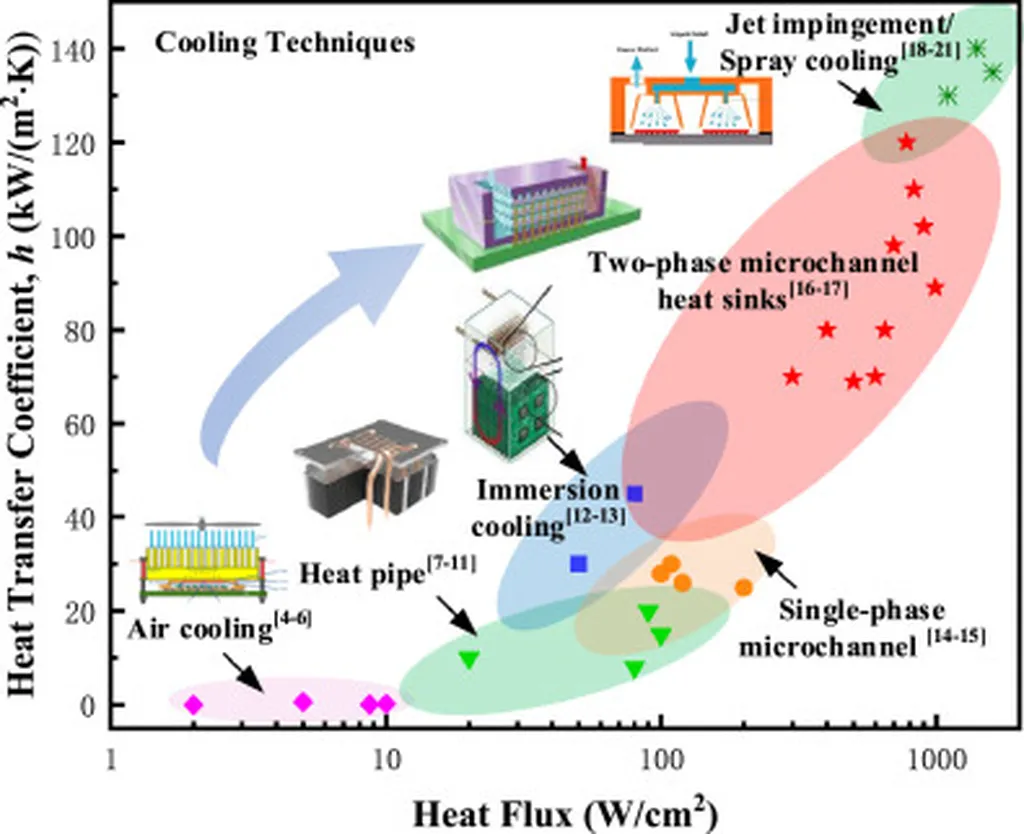In the world of energy efficiency and refrigeration, even the smallest advancements can have significant impacts. A recent study published in *Zhileng xuebao* (translated to *Acta Armamentarii* or *Journal of Armament*) delves into the intricacies of pool boiling heat transfer characteristics of R123, a hydrochlorofluorocarbon refrigerant, outside single horizontal tubes. Led by Liu Wenyi, this research could pave the way for more efficient cooling systems, benefiting industries ranging from HVAC to power generation.
Pool boiling is a critical process in heat transfer, where bubbles form and rise from a heated surface submerged in a liquid. Understanding this process is essential for designing efficient heat exchangers, which are vital components in refrigeration and power plants. Liu Wenyi’s study focuses on R123, a refrigerant known for its lower ozone depletion potential compared to older alternatives, making it a more environmentally friendly choice.
“Our research aims to optimize the heat transfer efficiency of R123 in practical applications,” says Liu Wenyi. By investigating the boiling characteristics outside single horizontal tubes, the study provides insights into how different parameters, such as tube diameter and heat flux, affect the overall performance of the system.
The findings suggest that optimizing these parameters can lead to significant improvements in heat transfer rates. This could translate to more energy-efficient cooling systems, reducing operational costs and environmental impact. For the energy sector, this means more sustainable and cost-effective solutions for large-scale refrigeration and power generation.
“Efficiency is key in our industry,” notes an industry expert familiar with the research. “Any advancement that can enhance heat transfer while reducing energy consumption is a game-changer.”
The study’s implications extend beyond immediate applications. As the world shifts towards greener technologies, understanding and optimizing the use of refrigerants like R123 becomes increasingly important. Liu Wenyi’s work not only contributes to the scientific community but also offers practical solutions that could shape future developments in energy efficiency.
Published in *Zhileng xuebao*, the research underscores the importance of continuous innovation in the field of heat transfer. As industries strive for sustainability and efficiency, studies like these will play a crucial role in driving progress. The findings could influence everything from industrial cooling systems to residential HVAC units, making a tangible difference in energy consumption and environmental impact.
In a rapidly evolving energy landscape, Liu Wenyi’s research stands as a testament to the power of scientific inquiry and its potential to transform industries. As the world continues to seek sustainable solutions, such advancements will be instrumental in shaping a more efficient and eco-friendly future.

